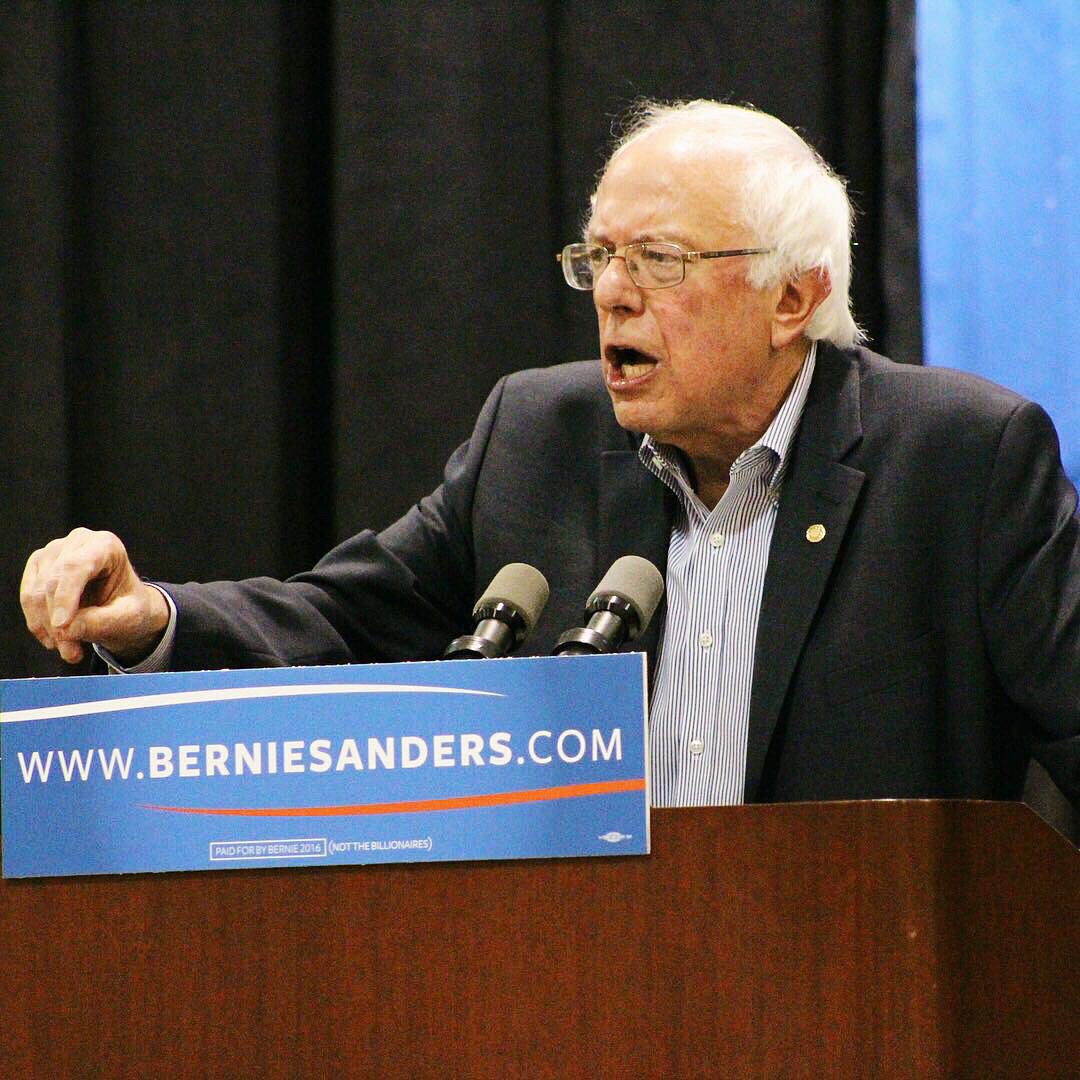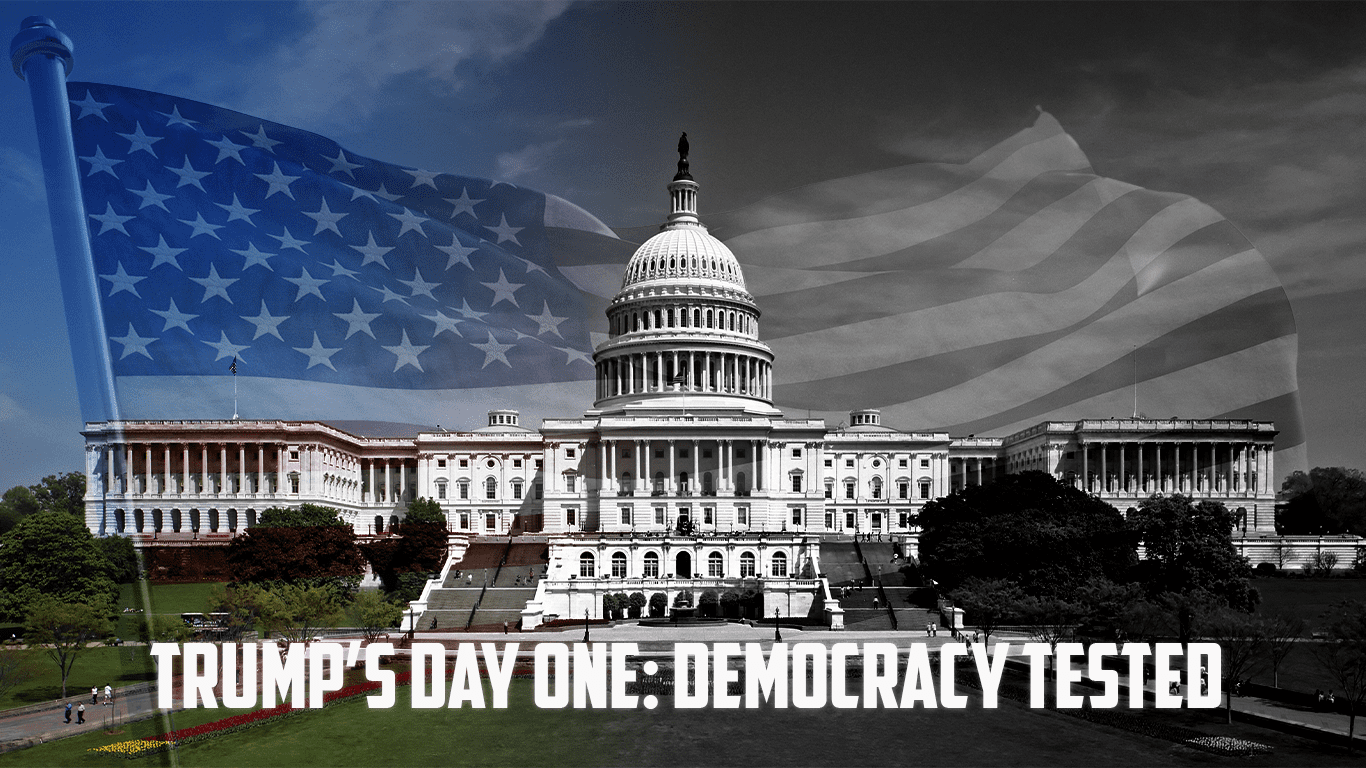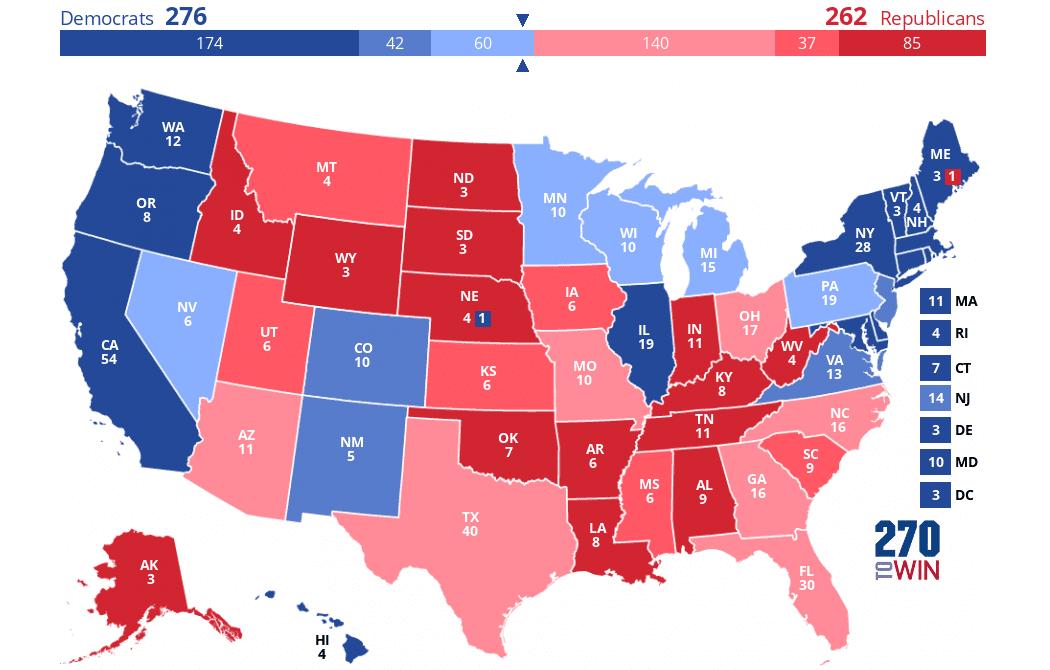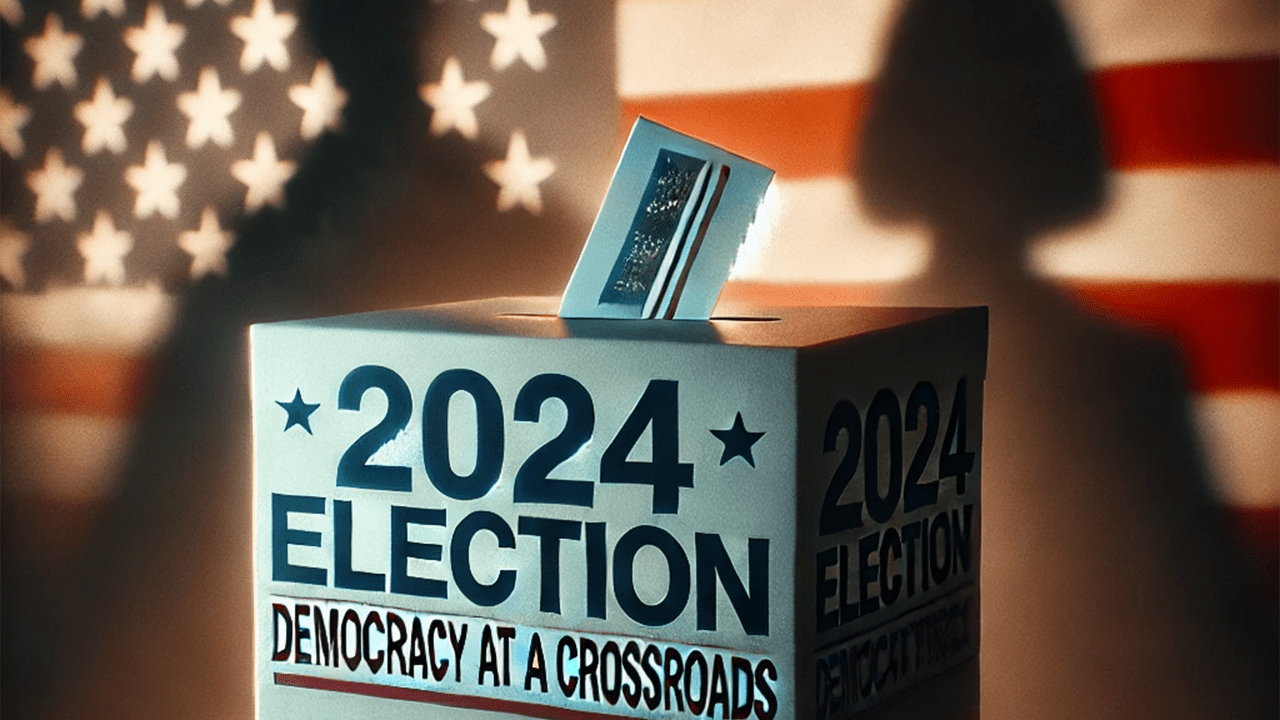The other day, I went to the keyboard and composed a brief Facebook message to a group in which I participated. I wanted to find out an answer to a question that I couldn’t wrap my head around. Should we forgive student loan debt?
Why would I ask such a silly question? There is a lot of talk these days about student loan debt forgiveness. Advocates on both sides of the issue have strong opinions, and it can be hard to make up your mind about what to think.
On the one hand, many people argue that forgiving outstanding student loan debt would be a massive help to millions of Americans struggling under the weight of this debt. On the other hand, some people say that forgiving high student loan debt would only encourage people not to pay their debts, create a moral hazard, and set a bad precedent.
So, what is the right thing to do? I will use points from the post as the framework for this discussion. But first, we need to talk about the fiscal cost of national student debt forgiveness.

Processed with VSCOcam with 6 preset
What does Student Loan Forgiveness mean from a fiscal perspective?
I will stick with Senator Bernie Sanders’ (I-VT) plan to cancel all student loan debt, approximately $1.6 trillion. This framework could also be applied to Senator Elizabeth Warren (D-MA) and Senate Majority Leader Chuck Schumer’s (D-NY) $1.0 trillion plan and $400 billion plan of President Joe Biden.
While the definition of “cost” is murky and often misinterpreted because the government has already loaned out these dollars, and the effects on the deficit and debt effects use various accounting standards. It’s also important to note that most federal spending is recorded on a “cash basis,” which means each new dollar spent outside of an offset increases the deficit and debt by one dollar, and each dollar received by the government but not used to finance new spending reduces the deficit and debt by the same amount. However, loans are different. Let’s look at why and how it costs the federal government money to simply write off student loan debt.
Let’s talk about the basics of loan repayment and forgiveness. Loans are an asset to the lender. When a borrower makes their monthly payment, the lender receives an interest payment as well as some of the principal of the loan. The lender may use this revenue stream to make more loans or fund other projects. Loan forgiveness means the value of the loan goes to zero and the lender loses that revenue stream. For a private bank, wiping out a portion of the asset side of the balance sheet may cause the bank to become insolvent. When the federal government is the lender, forgiving student debt has an impact on the federal budget deficit and debt.
In a nutshell, forgiving student debt would be costly for the federal government. Without another revenue stream or reduction in expenditure, the government must issue more government bonds to cover expenses, increasing both the deficit and debt. It eliminates a source of government income by cutting off the amount of loan principal and interest paid to the federal government every month from a cash flow standpoint. In no scenario is debt forgiveness costless for the federal government.
The reduction in assets (canceling of loans) is handled differently, using an accrual rather than cash basis. The government records the loan on a present-value basis, considering the expected lifetime cost to the government. If the government expects a loan to be repaid with interest, the federal government will record the cost of the loan as zero. If the government offers a lower than average interest rate on a loan or believes that some money will not be returned, it records the difference as an expenditure. So forgiving student loans would increase these expenditures.
Quick summary, forgiving student debt would be very expensive for the federal government. From the lost interest revenue to the reduction in financial assets, the government deficit and debt will increase. So that is how it will affect government finances, but the society isn’t just about dollars; are there other benefits and costs?
The arguments for and my thoughts
Student loan forgiveness will provide cash for people to spend in the economy.
One of the first arguments is that more money will be available for other things, such as housing or automobiles and that student loan debt is crippling the economy. As a result, forgiveness would be an economic stimulus. Like all things about the economy, it is fairly easy to find someone that will say yes it will or no it will not. A quick metasearch found the same.
A 2018 paper from Levy Economics Institute of Bard College looking at 2016 data estimated loan forgiveness would boost GDP by an average of $86 billion to $108 billion per year, which is less than 1% of GDP. While borrowers could use this money for savings or new consumption, the Federal Reserve reported that the average amount is usually $200 to $299 per month.
With that said, almost all studies agreed that there would be a net effect of about $90 billion to spend in 2022 and less than $450 billion over the next five years. If the government erased the average student loan debt of $40k, the student loan borrowers would not get $40,000 in cash; rather, they would no longer pay principal and interest, only freeing up a few hundred dollars a month. If the proposed plan cancels the private student loans and federal student loans and waives the tax liability, the stimulus effect would be closer to zero.
Overall, the evidence suggests that household spending would increase but would not boost GDP growth. In comparison, research from the Federal Reserve Bank of San Francisco indicates a fiscal multiplier of COVID-19 stimulus spending greater than 1, meaning every dollar spent (through direct purchases, or transfers to businesses or households) generated more than one dollar increase in GDP. Estimates of a student debt forgiveness multiplier ranges from 0.08 to 0.23, meaning for every one dollar of loan forgiveness, GDP increases less than $0.25.
Narrowing the racial wealth gap would be assisted by student loan cancellation
Warren and Senate Majority Leader Schumer argue that student loan forgiveness will help narrow the racial wealth divide. Given that I believe that the number one problem in the US right now is income inequality, this was the first argument that gave me pause on my firm no to forgiveness.
According to research from the Roosevelt Institute, student loan forgiveness will help student loan borrowers of color who are disproportionately impacted by federal student loans.
For example, studies have shown that African-American and Latino student loan borrowers would “significantly improve their financial security” and “experience substantial demographic wealth increases” if the government forgives student debt. According to the study, “the typical African-American borrower still owes more than 100% of their loan amount even 12 years after college and has a higher default rate.”
This argument moved me from a firm no to a how about a targeted program. Focusing on a needs-based forgiveness program instead of a blanket program is worth having the debate.
Student loan forgiveness would let student loan borrowers start life without debt
The most apparent benefit of canceling student debt is letting college graduates start life without this albatross around their neck. According to a report from the National Center for Education Statistics, nearly two-thirds of bachelor’s degree recipients leave school with some amount of student loan debt. The average borrower owes $28,650. This debt can have a significant impact on people’s lives. It can prevent them from buying a house, starting a business, or saving for retirement.
Debt forgiveness would also help address the growing problem of student loan defaults. I always thought this was an interesting argument; if they cannot take out a loan, therefore they cannot default, so that is a positive thing. My response was that they need to learn financial responsibility, but that is a different argument.
I found this argument extremely weak. I look at Federal Student Loans as start-up capital for life. If there were a way to spend $28,650 on a new business that statistically showed you would earn close to a million dollars over your lifetime, most would say that was a reasonable expense. A quick search showed business start-up loans for $30k typically ran from 6%-10% with terms of 1-5 years. According to studentaid.gov, undergrad interest rate is 3.73% and the graduate or professional 5.28% with terms into the decades. Doesn’t sound like a bad plan to me.

Couple managing the debt
Student debt cancellation would help regular people, not just the wealthy
A common argument against canceling student debt would only help the wealthy. This argument fails to take into account two things. First, many people who have student loan debt are not rich. According to a report from Demos, more than 40% of households with student debt are in the bottom half of the income distribution. Second, the wealthy are not the only ones who benefit from student loans. Many people take out student loans to finance their children’s education. As a result, canceling student debt would help regular people, not just the wealthy.
Finally, those in favor of student loan cancellation argue that Congress has bailed out corporations and rewarded billionaires. They claim it’s now time to assist typical Americans. College has become a stepping stone to greater earnings and financial stability. They don’t want to be forced into massive debt that they can’t pay off to participate in the economy, say supporters. While this isn’t the magic bullet for higher education costs, student loan cancellation may help remove this obstacle so that more people have a chance to pursue the American Dream.
However, a counter to this is that the money would benefit more wealthy people because most students have a more significant student loan debt. Lowell Ricketts, the senior analyst for the Institute for Economic Equality at the St. Louis Fed, said wealthy graduates disproportionately benefited from student loan repayments. Most loans contain a minimum balance of between $10,000 and $50,000. Generally, the remaining balance is reserved for high-quality borrowers. They work in the highest-earning occupations and hold about 2% of the total student debt.
A counterargument I heard was from a friend who said, “What about the people who hadn’t attended college? They are struggling too.” This is a valid point to consider as we debate on whether or not to forgive student debt.
Final Thoughts
I grew up in West Virginia, where, according to www.census.gov, only 20.6% have obtained a bachelor’s degree or higher. It is hard to explain to my family and friends, especially those of low-income households, why the government should spend $1.7 trillion to assist approximately 46 million people when there are much better programs where the money can be invested. Other than a targeted program to decrease income inequality, a blanket forgiveness program would be just to hard for me to swallow.
If you’re a college-educated millennial, the chances are that your student loan debt is on the front of your mind. With average undergraduate repayments at $40k and rising, many students find themselves with six figures worth of debt before they’ve even completed their degree, going for a graduate degree? Even more. The argument for forgiveness has been made by politicians from both sides and those who have been hurt by low wages or unemployment in recent years. A new study conducted by the Brookings Institute argues that forgiving student loans would be good for the economy, but it’s not necessarily true to say that this will equally stimulate economic growth across all sectors.
Is a blanket student loan forgiveness program the right thing to do? Let me know in the comments below.
Further reading and resources
- Free College, Cancel Debt – Bernie Sanders Official Website – https://berniesanders.com/issues/free-college-cancel-debt/
- My Plan to Cancel Student Loan Debt -Elizabeth Warren Official Website- https://elizabethwarren.com/plans/student-loan-debt-day-one
- The Macroeconomic Effects of Student Debt Cancellation – https://www.levyinstitute.org/pubs/rpr_2_6.pdf
- Student Debt Cancellation is Progressive: Correcting Empirical and Conceptual Errors – https://rooseveltinstitute.org/wp-content/uploads/2021/06/RI_StudentDebtCancellation_IssueBrief_202106.pdf









